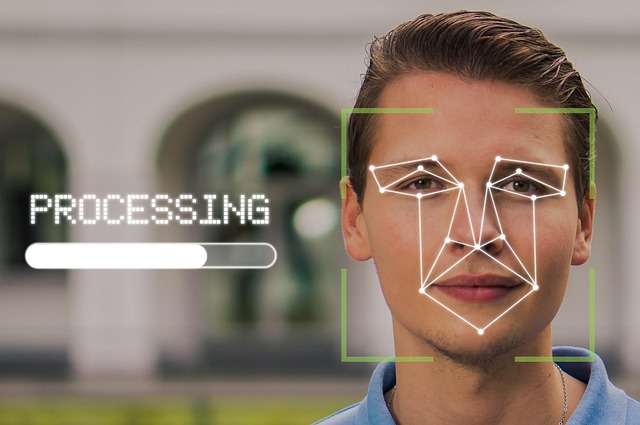In today’s digital age, the proliferation of fake news has become a concerning phenomenon that shapes our social interactions and technology etiquette. The ease with which misinformation can spread online has transformed the landscape of communication. Whether we are browsing social media, engaging in online forums, or simply consuming news articles, we are constantly bombarded with information that may not be credible. This situation heightens the importance of being discerning consumers of information and practicing better technology etiquette.
Technology etiquette refers to the norms and behaviors expected when communicating through digital platforms. With the rise of fake news, it has become increasingly vital for individuals to question the validity of the information they share. Before hitting the ‘share’ button, a critical assessment of the source is essential. Are the claims backed by credible evidence? Is the source reputable? These questions are crucial in avoiding the spread of misleading information, which in turn fosters a more truthful online environment.
Moreover, social trends are clearly affected by the insinuation of fake news. As misinformation infiltrates our feeds, individuals often find themselves trapped in echo chambers, consuming content that reinforces their existing beliefs rather than challenging them. This trend stifles open dialogue and further polarizes communities, making it harder to engage in constructive conversations. The social implications are staggering; misinformation can incite fear, confusion, and distrust among people, further diminishing the quality of our interactions.
Interestingly, the impact of fake news extends beyond individual interactions to influence broader societal trends. Events such as elections, health crises, and social movements can be significantly affected by misinformation, as narratives can be manipulated and twisted to serve ulterior motives. As digital citizens, it is our responsibility to counteract this trend by advocating for transparency, fact-checking, and responsible sharing of content.
As we navigate the complex digital landscape, the importance of maintaining technology etiquette cannot be overstated. By embracing skepticism and honing our ability to discern fact from fiction, we can foster healthier online communities. Engaging with information mindfully allows us to contribute positively to social trends, promoting a climate of accountability and respect in our communications. Ultimately, the responsibility lies with each of us to actively combat fake news and to uphold the values of integrity and truth in our digital interactions.




